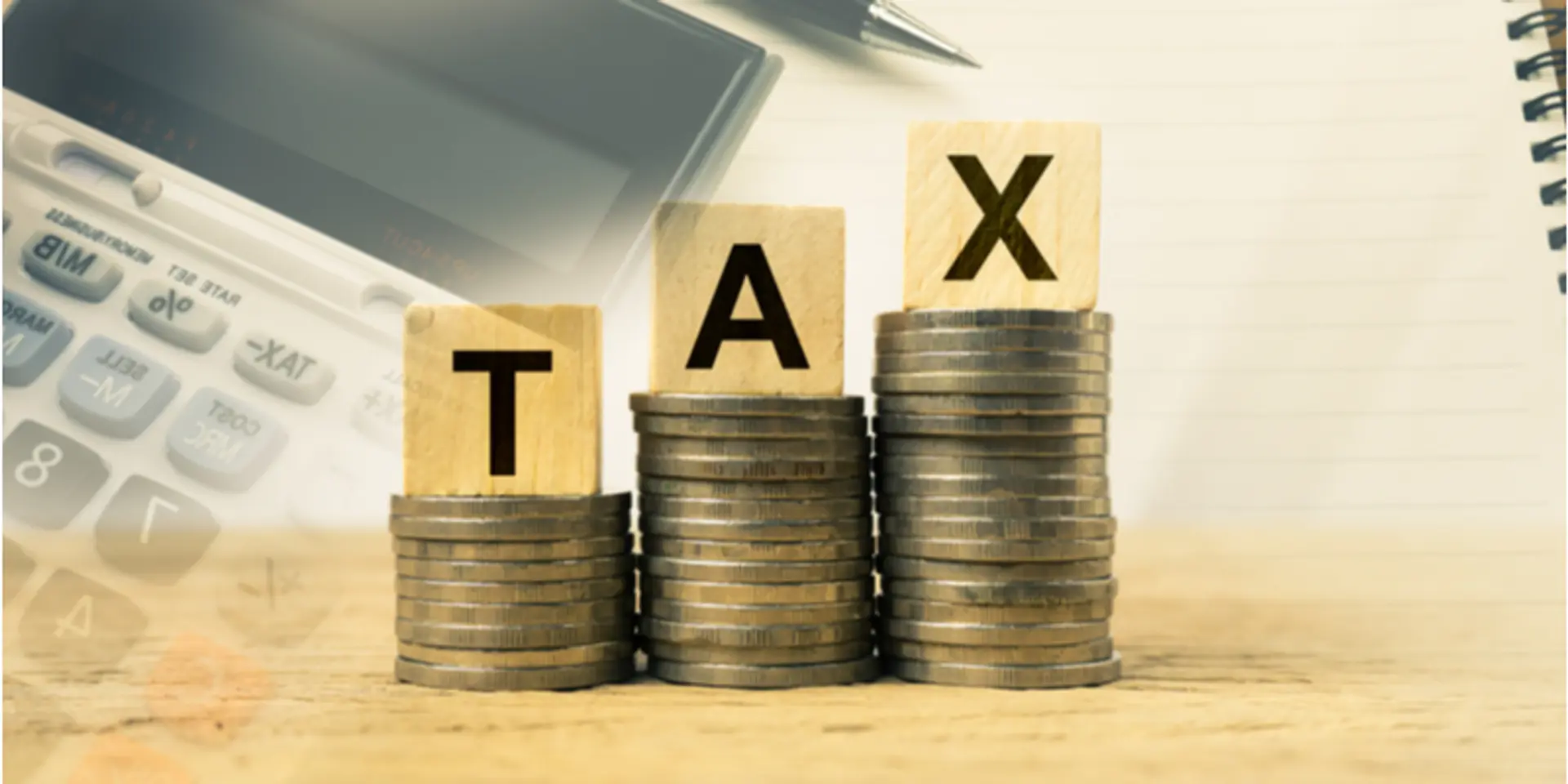Overseas spending of up to Rs 7 lakh via debit, credit cards won't attract TCS: FinMin
The government had earlier this week brought overseas credit card spending under Liberalised Remittance Scheme (LRS). which meant that any spending using credit cards overseas would attract a 20% tax from July 1.
The government on Friday announced that no tax will be charged on overseas spending of up to Rs 7 lakh in a year using debit or credit as it looked to douse backlash from its earlier decision of levying tax collected at source (TCS) on all spending.
The government had earlier this week brought overseas credit card spending under Liberalised Remittance Scheme (LRS). This meant that any spending using credit cards overseas would attract a 20% tax from July 1. Debit card spending was already part of LRS.
However, the move to levy TCS attracted criticism with some calling it "tax terrorism".
On Friday evening, the government said no TCS will be deducted on the spending of up to Rs 7 lakh overseas using any debit or credit card.
Concerns have been raised about the applicability of TCS to 'small transactions' under the Liberalised Remittance Scheme (LRS) from July 1, 2023.
"To avoid any procedural ambiguity, it has been decided that any payments by an individual using their international Debit or Credit cards up to Rs 7 lakh per financial year will be excluded from the LRS limits and hence, will not attract any TCS," the ministry said.
Today's clarification by the ministry means that overseas payments exceeding Rs 7 lakh a year through international credit and debit cards will be subject to TCS levy at the rate of 20 per cent with effect from July 1.
Currently, overseas medical treatment and education expenses up to Rs 7 lakh a year is exempt from TCS. A 5% levy is charged on expenses exceeding Rs 7 lakh.
For those who availed of education loans, the rate of TCS is 0.5%.
"Existing beneficial TCS treatment for education and health payments will also continue," the ministry said.
Sandeep Jhunjhunwala, Partner, Nangia Andersen LLP, said the exclusion of cases involving payments by an individual using an international debit or credit card up to Rs 7 lakh per financial year from LRS-TCS limits, is a welcome move and would bring some relief to family and leisure travellers.
"The spend threshold of 7 lakhs, however, remains low, for frequent business travellers, who may still look forward to a higher exemption limit, even though the base protection from TCS if expenses are borne by the employer, is available," Jhunjhunwala added.
As the 20% rate of TCS was too high, tax experts noted that India is the only country in the world that was seeking an upfront tax on any expenditure made during overseas trips and that would impact foreign tourism.
A refund of this TCS can be claimed at the time of filing of annual I-T return after the end of the financial year by showing all known sources of income have been taxed.
TV Mohandas Pai, an IT veteran and a known supporter of Prime Minister Narendra Modi, criticised the move saying by taxing credit card transactions abroad, Government goes back on the promise of ending tax terrorism.
Ousted BharatPe founder Ashneer Grover in a sarcastic tweet said there is 20% TCS on foreign travel and foreign credit card spend, but interestingly there is no TCS on political donations where people get I-T rebates.
Grant Thornton Bharat Partner, Tax, Riaz Thingna said that no major country, including the US, UK, Singapore, Germany, Japan, etc. has similar requirements for tax collection/withholding on credit card spending.
"All foreign exchange payments made by individuals on foreign tourism and related expenditure are included under the LRS limits. Consequently, all expenses incurred by Indian travellers on personal tours will be subject to TCS, irrespective of the mode of payment.
"The only impact may be on business travel where one may be encouraged to draw forex from authorised dealers to avoid the levy of TCS, which otherwise is not intended to apply to such current account transactions," Thingna said.
Taxmann, DGM, Naveen Wadhwa said it should be noted that the TCS is not your tax expense but a sort of advance payment of tax to the government, for which one can claim a refund by filing a return of income.
However, you would not get the interest from the date of TCS but from 1st April of next year till the date of payment. The interest is paid at 6% per annum if the refund is more than 10 per cent of your tax liability, Wadhwa added.
Edited by Affirunisa Kankudti







